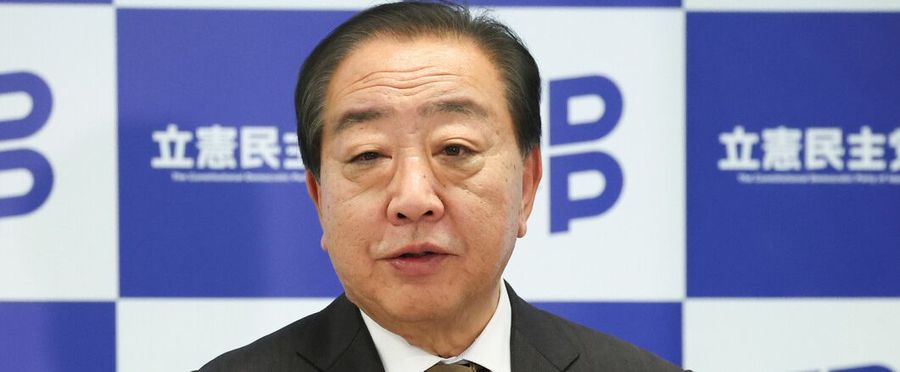The leader of the Constitutional Democratic Party of Japan recently voiced concerns about the Prime Minister's sleep patterns, reportedly only getting two to four hours a night. The less-than-optimal rest is seen as potentially detrimental to his decision-making abilities and overall effectiveness in his role. The opposition party's representative emphasized the importance of adequate rest for anyone in a position of such national responsibility.
In Japan, the health and well-being of public figures, especially those in the political arena, are often under intense scrutiny. Japanese society values hard work but is increasingly aware of the dangers of overworking, a concern often termed "karoshi". The Prime Minister's well-being directly influences policy-making and governance, and an overworked, sleep-deprived state could have serious implications.
In the US or EU, the health of political leaders is also a topic of major concern. Similar to Japan, a politician's well-being can influence their ability to govern and policy decisions. However, there's an added emphasis on ensuring leaders set a positive example for work-life balance. Physical and mental health, including adequate sleep, is considered a significant part of a public figure's responsibility.

